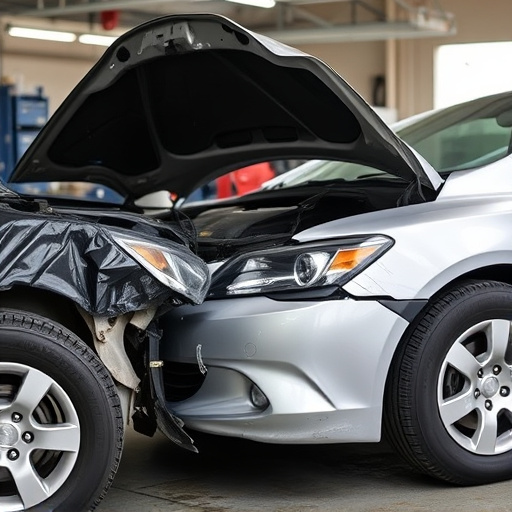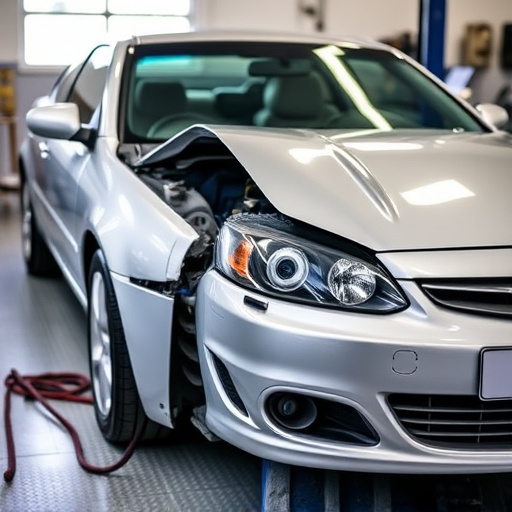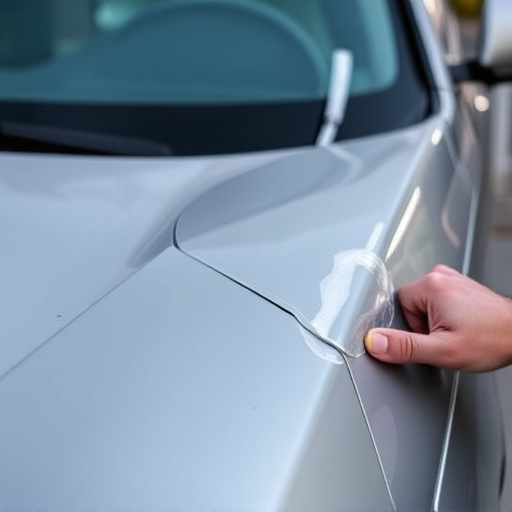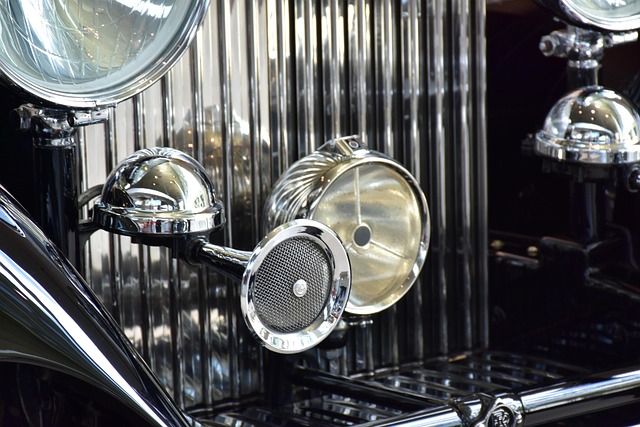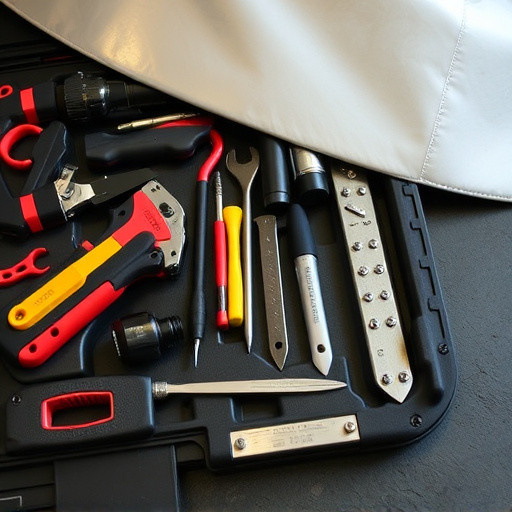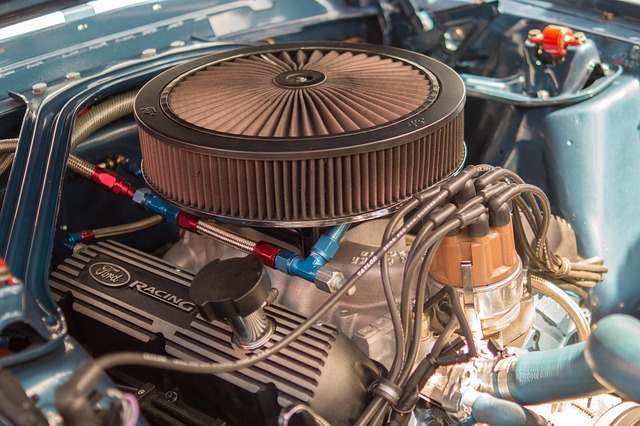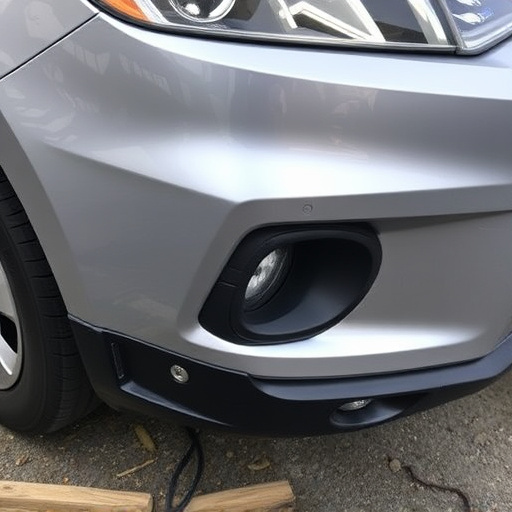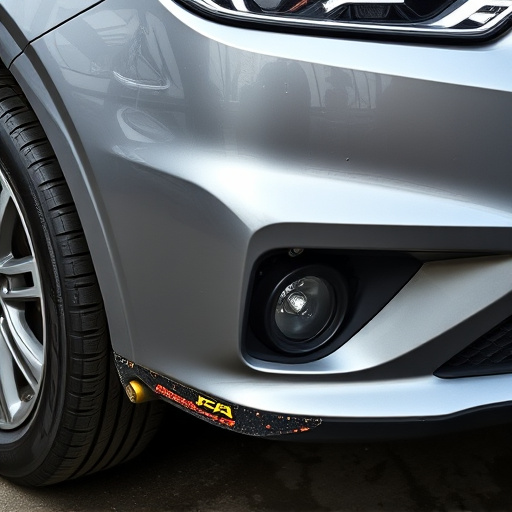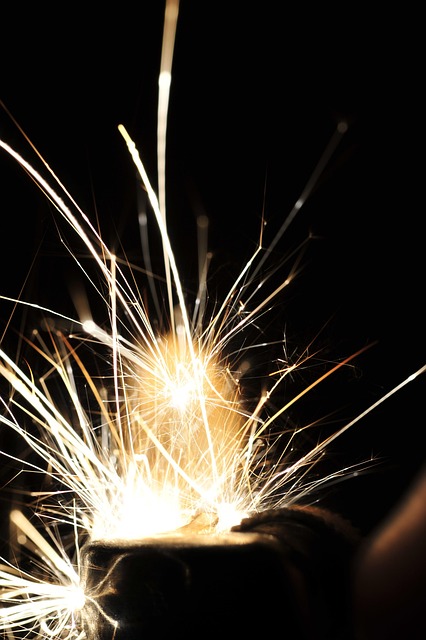In the rapidly evolving automotive industry, collision repair certification requires continuous education for technicians to stay ahead of technology and safety standards. Proactive engagement in ongoing training ensures professionals deliver high-quality repairs, adapt to market demands, and offer innovative solutions using advanced techniques like laser welding and specialized tire services. Regular learning improves technical skills, broadens career prospects, enhances customer service, and maintains a competitive edge in the dynamic collision repair certification landscape.
In the dynamic realm of collision repair, staying ahead is not just an advantage—it’s a necessity. The industry’s constant evolution demands certified collision technicians to embrace ongoing training, ensuring they stay current with cutting-edge technologies and techniques. This article explores why continuous education is the cornerstone of successful collision repair certification. From adapting to new standards to enhancing career prospects, regular training empowers professionals to excel in their field, maintaining the highest levels of expertise.
- Staying Ahead of the Curve: Why Continuous Education is Key for Collision Repair Certification
- The Evolving Landscape of Collision Repair: Adapting to New Technologies and Techniques
- Enhancing Skillset and Career Prospects: Benefits of Regular Training for Certified Technicians
Staying Ahead of the Curve: Why Continuous Education is Key for Collision Repair Certification
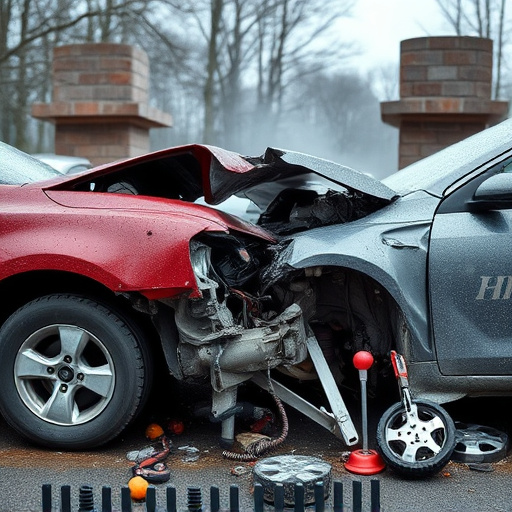
In the ever-evolving automotive industry, staying ahead of the curve is non-negotiable for certified collision technicians. Continuous education and training are the keys to maintaining and enhancing collision repair certification. The field of car damage repair is constantly changing with new technologies, techniques, and safety standards emerging regularly. By participating in ongoing body shop services training programs, technicians can stay updated with these advancements, ensuring they provide the best possible repairs.
This proactive approach not only benefits individuals but also strengthens the overall quality of auto repair services. Keeping up with industry trends allows certified professionals to adapt their skills, remain competitive, and offer innovative solutions to customers. It’s a continuous learning process that empowers them to navigate through the complexities of modern vehicle construction, advanced materials, and sophisticated safety systems, ultimately enhancing their collision repair certification value in the market.
The Evolving Landscape of Collision Repair: Adapting to New Technologies and Techniques
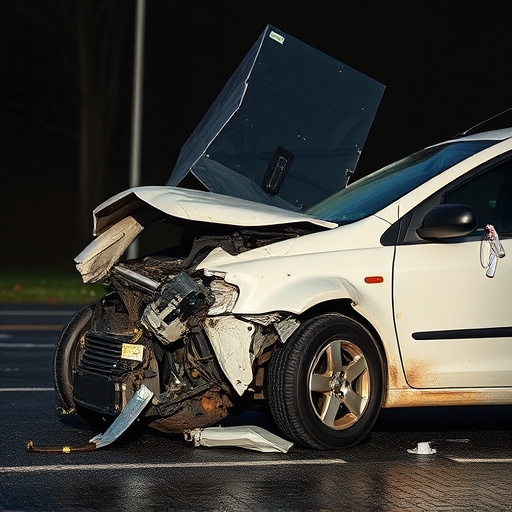
The collision repair industry is constantly evolving, driven by advancements in vehicle technology and consumer expectations. Certified collision technicians need to stay ahead of the curve to provide top-notch services in modern car body shops. New techniques and technologies are reshaping how repairs are carried out, from precision laser welding to advanced paint matching systems. Those who hold collision repair certification must adapt to these changes or risk becoming obsolete. Staying current ensures they can handle complex repairs efficiently, maintain high quality standards, and cater to a diverse range of vehicle makes and models.
Ongoing training plays a pivotal role in this adaptation process. It equips technicians with the skills needed to operate new equipment, interpret sophisticated software, and employ cutting-edge materials. For instance, tire services have become increasingly specialized, requiring knowledge of advanced tire repair techniques and safety protocols. By participating in continuous learning programs, certified collision technicians can expand their skillsets, improve productivity, and contribute to the overall success of car repair shops.
Enhancing Skillset and Career Prospects: Benefits of Regular Training for Certified Technicians
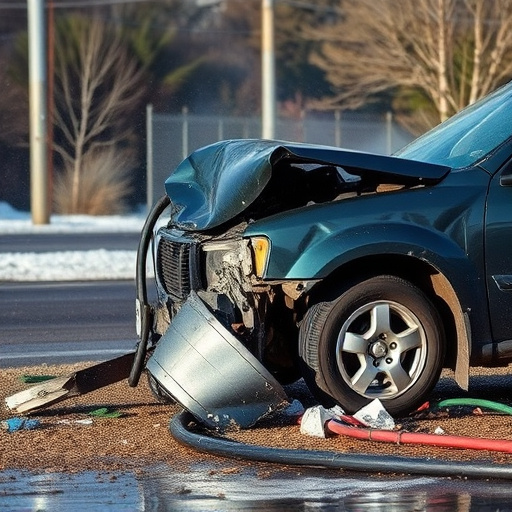
For certified collision technicians, ongoing training is a key driver of professional growth and development. Regular training sessions play a pivotal role in enhancing their skillset, keeping them updated with the latest industry trends and technologies, and ensuring they remain competitive in the job market. In the dynamic realm of collision repair certification, staying current is paramount to delivering exceptional auto repair services and car bodywork restoration.
This continuous learning process not only improves their technical abilities but also broadens their career prospects. By mastering advanced techniques and gaining expertise in specialized areas, technicians can ascend to senior positions or transition into niche roles within the automotive industry. Moreover, regular training contributes to a deeper understanding of safety protocols, environmental considerations, and customer service excellence—all essential aspects of providing top-tier automotive restoration services.
For certified collision technicians, ongoing training is not just beneficial but essential. As the landscape of collision repair evolves with new technologies and techniques, continuous education ensures these professionals stay ahead of the curve. By investing in regular training, they can enhance their skillsets, adapt to industry changes, and significantly improve their career prospects in this dynamic sector, reinforcing the paramount importance of collision repair certification renewal through ongoing learning.

